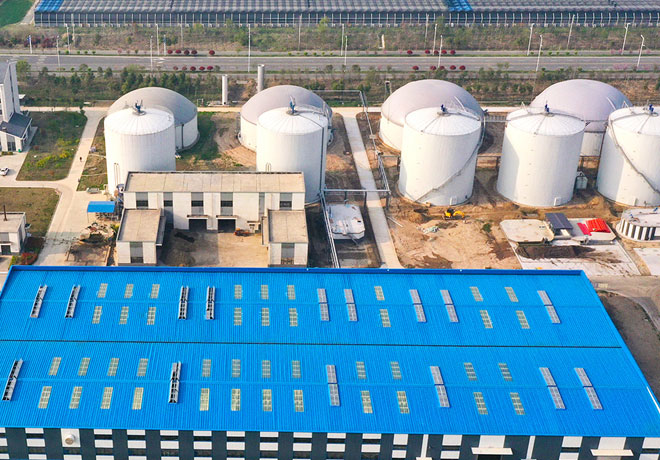- Home
-
Biogas Projects
By Size By Gas Utilization By Application
- Biogas Plant Technology
- Service
- Blog
- Resources
- Company
- Contact
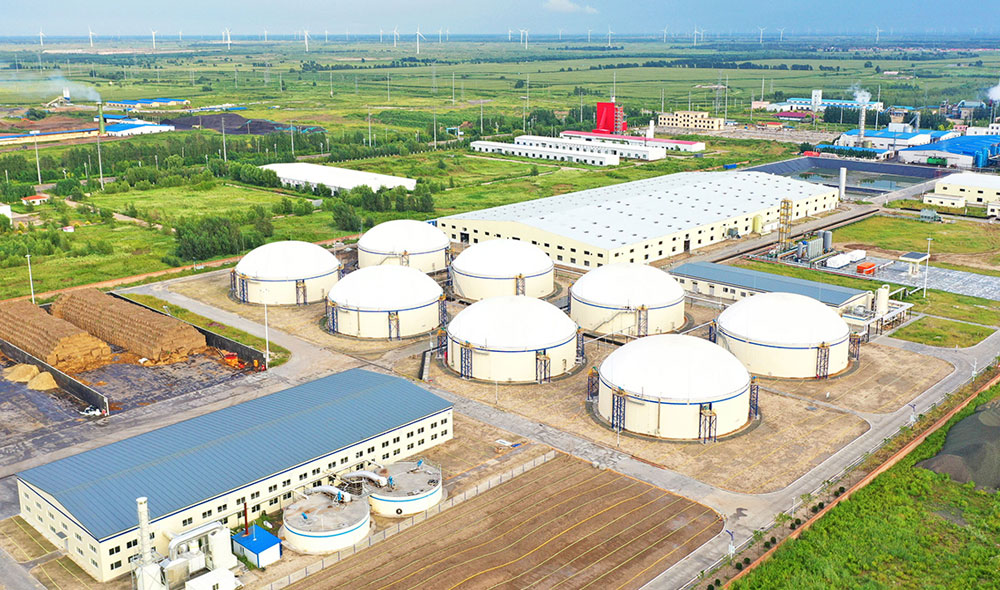
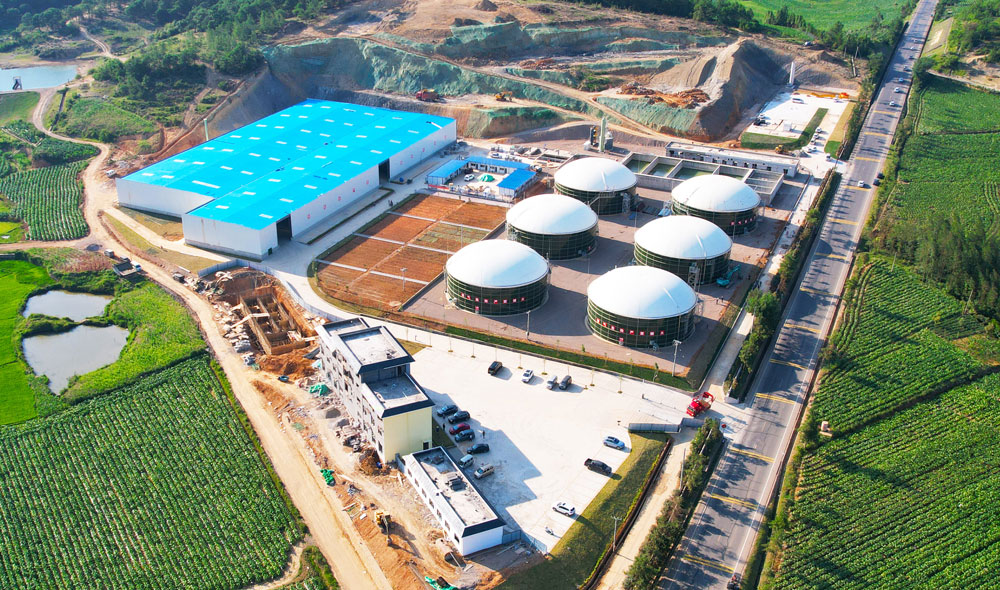
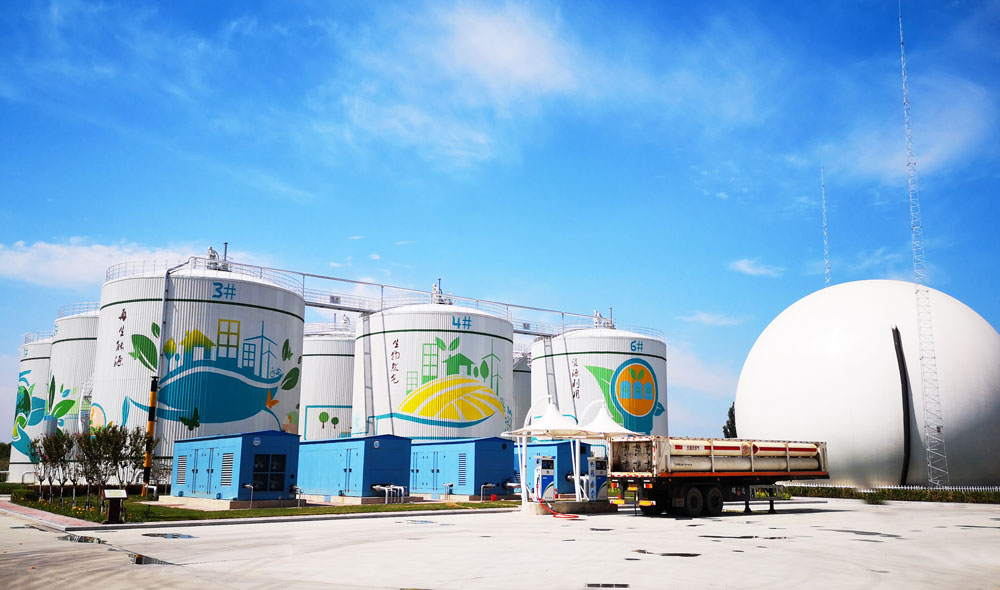
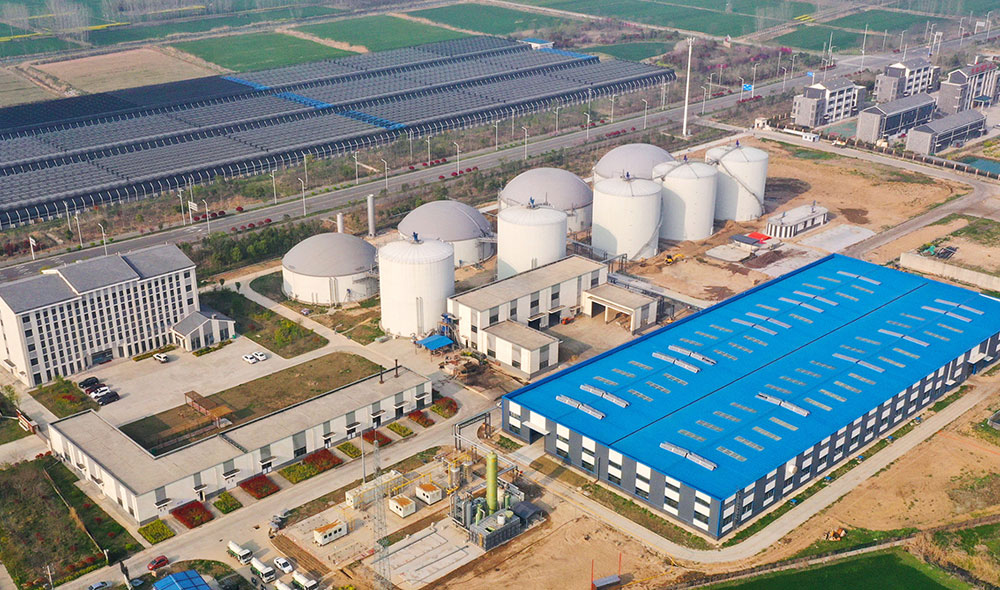
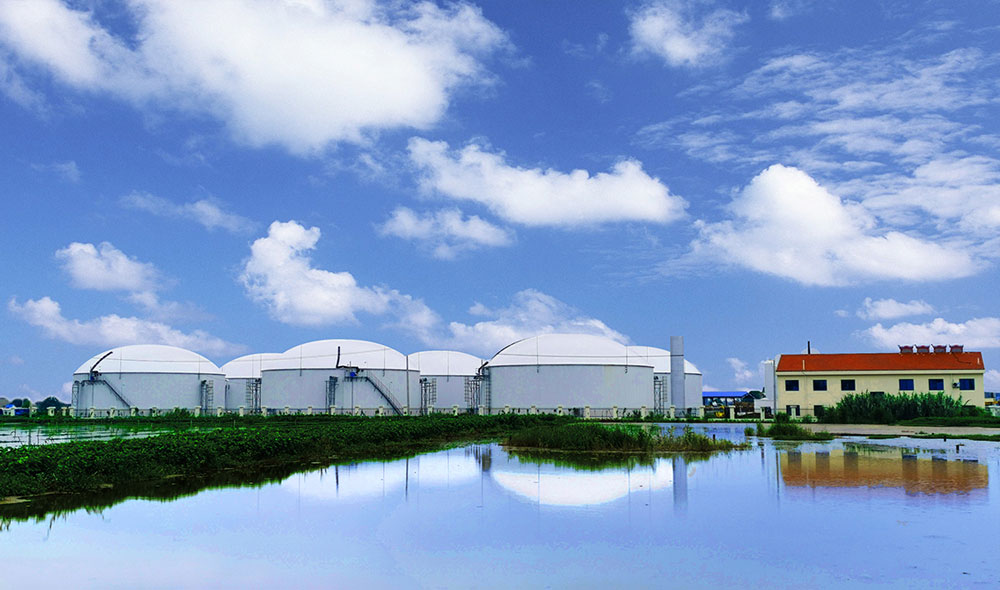
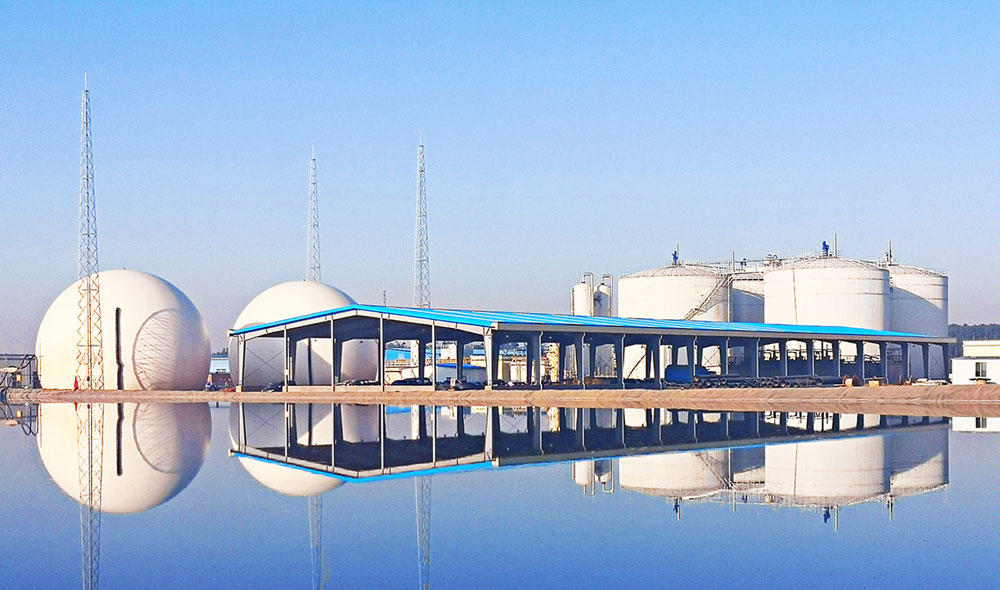
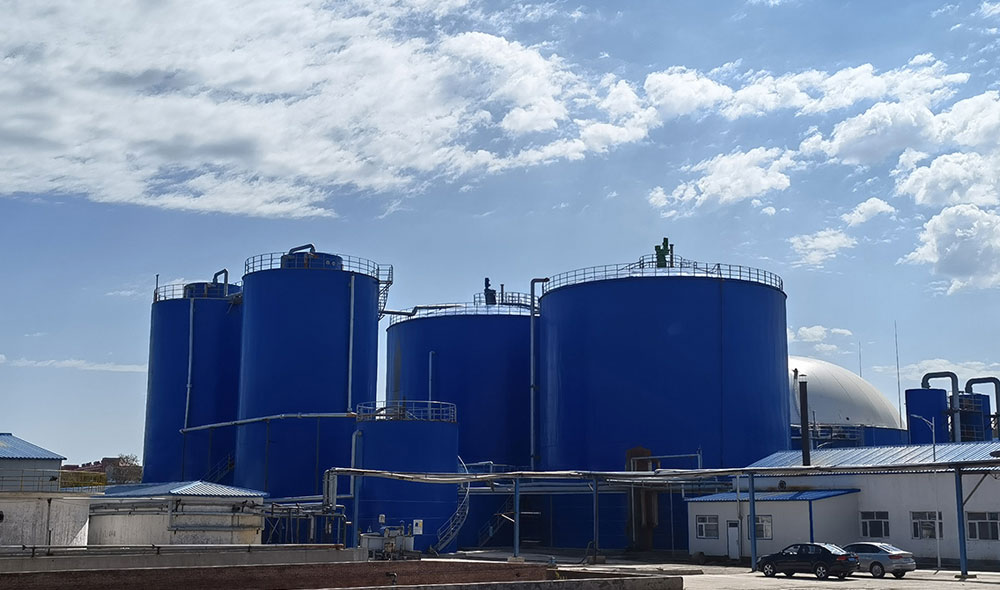
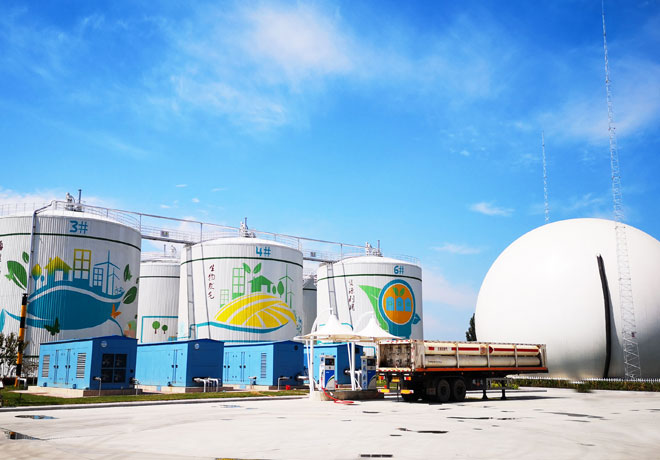
Converting biogas into compressed natural gas (CNG) involves a series of steps to ensure its purity, compressibility, and suitability for transportation and utilization. Initially, the raw biogas undergoes purification to remove impurities such as hydrogen sulfide, moisture, and carbon dioxide, which could affect its quality and performance. Following purification, the biogas is compressed using specialized compressors, significantly increasing its density and reducing its volume for storage and transportation purposes.
Once compressed and stored, the compressed biogas is ready for distribution, either through pipelines or transportation via trucks to distribution points or fueling stations with the help of a biogas plant company. At these facilities, the compressed biogas is dispensed into vehicles or utilized for various applications such as heating or power generation. This conversion process allows for the efficient harnessing of renewable energy from biogas, contributing to sustainability goals by reducing reliance on fossil fuels and mitigating environmental impacts associated with traditional energy sources.
As one of the biogas generation plants, a CNG biogas plant used in CNG gas plant project is a facility that converts organic waste, such as agricultural residue or food waste, into compressed natural gas (CNG) through anaerobic digestion. This process breaks down the organic matter by microorganisms in an oxygen-free environment, producing biogas primarily composed of methane. The biogas is then purified and compressed into CNG, a clean-burning fuel suitable for use in transportation or stationary applications. Biogas to CNG plant offers a sustainable solution for waste management, energy production, and reducing greenhouse gas emissions, contributing to a more environmentally friendly and energy-independent future.
